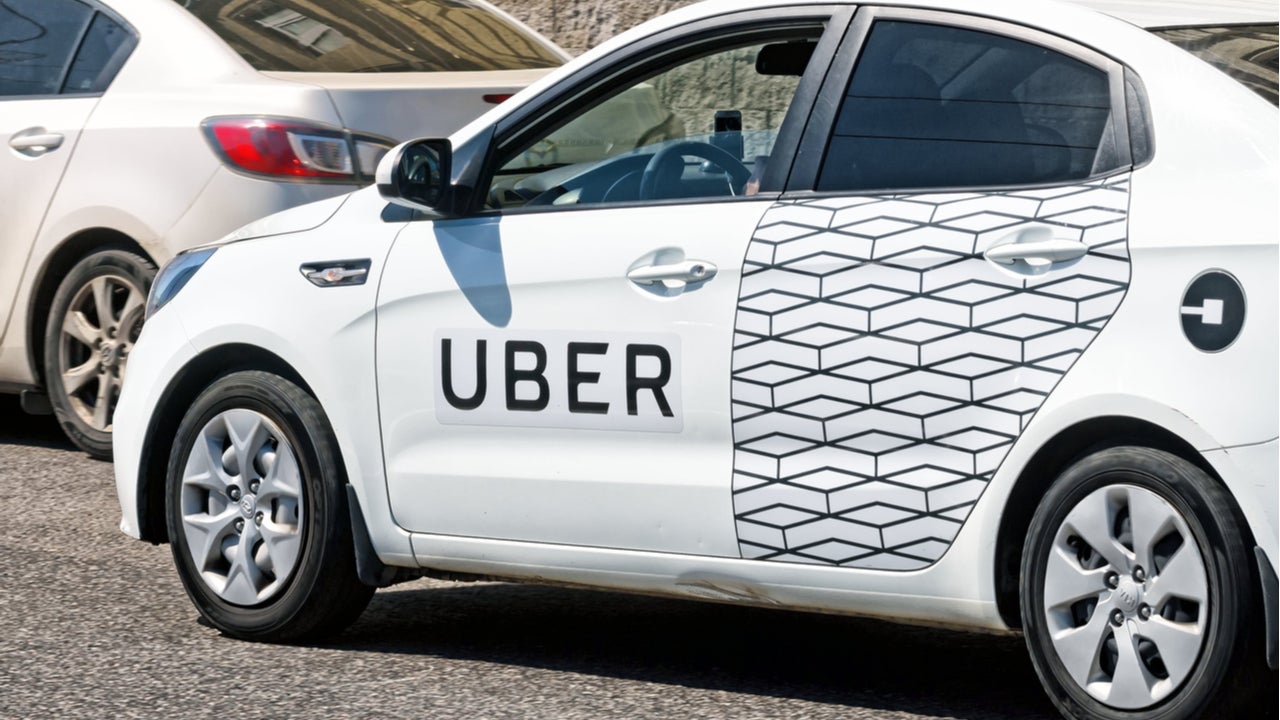
Ride-hailing and food-delivery company, Uber, is committed to Science Based Targets initiative (SBTi) and is a signatory of The Climate Pledge, committed to be net-zero carbon by 2040. The company also has a commitment to becoming a zero-emission platform in US, Canada, and Europe by 2030. In this regard, in October 2021, Uber teamed up with Wallbox, a US provider of electric vehicle charging system on the road to zero emissions. The pilot program will assist the ride hailing app’s drivers with transitioning to electric vehicles (EVs) and with installing EV chargers at home.
Uber in partnership spree since zero-emission mobility platform pledge in 2020
Similar to the Wallbox in the US, Uber agreed a similar partnership with BP Chargemaster in September 2020, in the UK. The two companies announced a partnership to give drivers who use the Uber app access to discounts when using the BP charging network and installing smart Homecharge charging points. Similarly, in June 2021 Uber partnered with TotalEnergies, with an initial focus on France.
Uber’s ambitions are not limited to charging stations but also electrifying its ride network. For instance, in October 2021, the ride share giant entered into partnership with Hertz to supply 50,000 Teslas for use by its drivers, with vehicles expected to enter the market from November of this year. The range of deals has also spread beyond developed markets– with Uber spreading to India, by partnering with green technologies services startups such as Lithium to deploy over 1,000 EVs across Indian metro politician cities, competing with Tata Power in the country.
Deals have perfect timing
The automotive industry is undergoing a profound period of disruption. Four concurrent megatrends under the acronym CASE are shaking up business strategies – connected cars, autonomous vehicles, shared mobility services, and electrification.
Across the industry, automakers and suppliers are announcing bold strategies to pivot away from producing combustion vehicles and move towards electric models. This has seen many companies race to secure vital supplies of batteries, EV components, and the raw materials needed to create them – Uber empathising on this is perfect for the moment.
EV was the most prominent theme in 2020
Despite the Covid-19 pandemic causing a decline in the global auto industry, sales of electric vehicles (EVs) grew 40.9% year-on-year (YOY) and accounted for 4% of car sales in 2020, according to GlobalData, a leading data and analytics company. Not only in partnership deals, but also in mergers and acquisitions, EV is a major driving theme. In 2020, eight electric vehicles companies merged with blank check companies to go public.
How well do you really know your competitors?
Access the most comprehensive Company Profiles on the market, powered by GlobalData. Save hours of research. Gain competitive edge.

Thank you!
Your download email will arrive shortly
Not ready to buy yet? Download a free sample
We are confident about the unique quality of our Company Profiles. However, we want you to make the most beneficial decision for your business, so we offer a free sample that you can download by submitting the below form
By GlobalDataThe big deals included the listings of Fisker, Nikola, QuantumScape, Lordstown Motors, and Canoo. In 2015, 433,000 Battery Electric Vehicles (BEVs) were produced worldwide according to GlobalData figures. By 2020, this number rose sharply to 2.36 million units. We expect dozens of new BEVs to go on sale as legacy automakers ramp up their BEV strategies – most will have volume BEV production by 2025. This range of new options means we foresee BEV production continuing to rise, hitting 10.7 million units in 2025 and 34.1 million units by 2035.
Like Uber, Amazon had earlier committed to “Shipment Zero” – to make all its shipments net-zero carbon, with the target of at least half of shipments by 2030. Amazon led a $700m funding round in electric vehicle maker Rivian, part of its aim to deploy 100,000 EVs by 2030.
Ford is investing more than $11.5bn in electric vehicles through 2022. Hundreds of companies have already made commitments to reach net-zero by 2050, with more than 100 committing to a 2040 target.
We expect that the pace of commitments will increase as early movers demonstrate that decarbonization is possible and that it brings market rewards sufficient to draw more participation and accelerate the climate action feedback loop. In years, not decades, stakeholders will be able to choose net-zero providers for a wide range of products and services.









Related Company Profiles
BP Plc
Fisker Inc
Lordstown Motors Corp
QuantumScape Corp
Nikola Corp